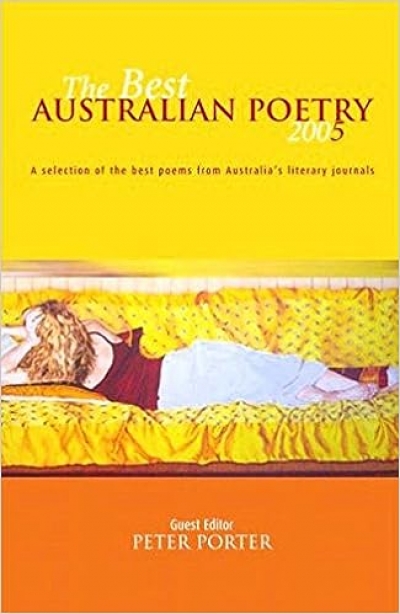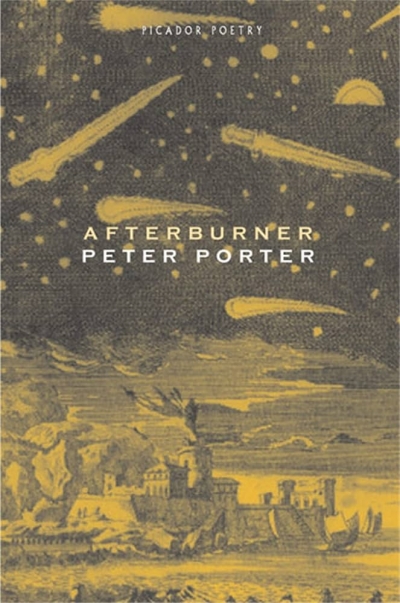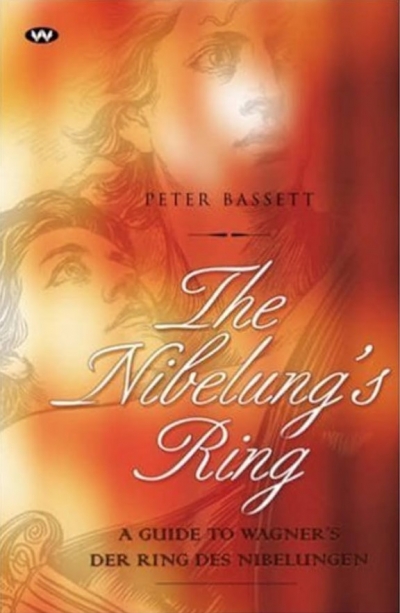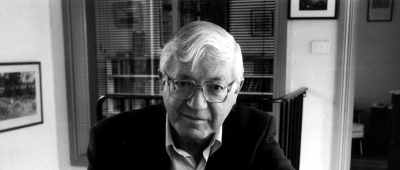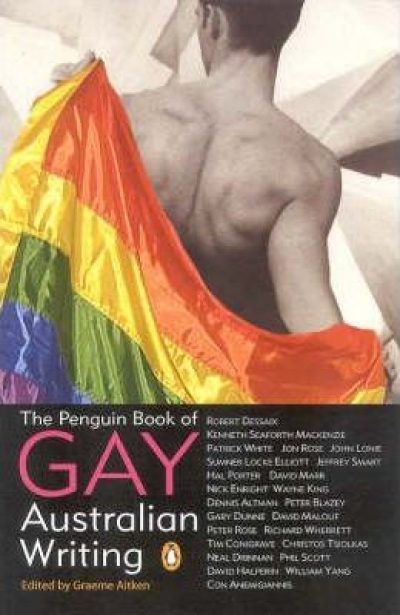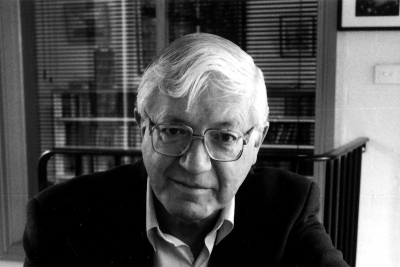Accessibility Tools
- Content scaling 100%
- Font size 100%
- Line height 100%
- Letter spacing 100%
Peter Porter
The ABR Podcast
Released every Thursday, the ABR podcast features our finest reviews, poetry, fiction, interviews, and commentary.
Subscribe via iTunes, Stitcher, Google, or Spotify, or search for ‘The ABR Podcast’ on your favourite podcast app.
‘Where is Nancy?’ Paradoxes in the pursuit of freedom
by Marilyn Lake
This week on The ABR Podcast, Marilyn Lake reviews The Art of Power: My story as America’s first woman Speaker of the House by Nancy Pelosi. The Art of Power, explains Lake, tells how Pelosi, ‘a mother of five and a housewife from California’, became the first woman Speaker of the United States House of Representatives. Marilyn Lake is a Professorial Fellow at the University of Melbourne. Listen to Marilyn Lake’s ‘Where is Nancy?’ Paradoxes in the pursuit of freedom’, published in the November issue of ABR.
Recent episodes:
To celebrate the best books of 2005 Australian Book Review invited contributors to nominate their favourite titles. Contributors include Morag Fraser, Peter Porter, Kerryn Goldsworthy, Nicholas Jose and Chris Wallace-Crabbe.
... (read more)This must be a page from The Manual
For the Instructing of Humanity,
Showing the improvement of the Social Order
By the avoidance of personal identification
With Suffering, a turning-away to private Sanity.
... (read more)The Nibelung’s Ring by Peter Basset & The Cambridge Companion to Grand Opera edited by David Charlton
A biographer follows the life of a chosen person or a chosen group or people, or perhaps a particular scene or epoch. An autobiographer, like a snail outed by the Sun, looks back at his or her tracks and tries to explain how he or she got this far, possibly hinting at vindication or in more extravagant mode, self-immolation. Unfortunately I am a poet, and a prose writer only to earn a living. My field is verse, but l am involved on a daily basis with literature in diverse forms, especially journalism, broadcasting, and reviewing. I believe also that I am a secret biographer and autobiographer, as so much of the poetry I write and read shadows the functions of biography.
... (read more)The Penguin Book of Gay Australian Writing edited by Graeme Aitken
Some years ago I wrote a poem called ‘A Table of Coincidences’, which contained the lines: ‘the day Christopher Columbus discovered America / Was the day Piero della Francesca died.’ This is a verifiable fact, unless changes in the Western calendar have altered things. Clearly, I was being sententious and reactionary: the ancient good of the world and its new doubtfulness seemed to start on the one day. A hostile reviewer pointed out that every date in the world is the anniversary of some other date, and poured scorn on my notion by suggesting that a momentous event like the Armistice in 1918 might share a date with the invention of Coca-Cola. But we still honour anniversaries, and I am only too conscious of the 365 days that have passed since 11 September 2001.
... (read more)Some years ago I wrote a poem called A Table of Coincidences’, which contained the lines: ‘the day Christopher Columbus discovered America / Was the day Piero della Francesca died.’ This is a verifiable fact, unless changes in the Western calendar have altered things. Clearly, I was being sententious and reactionary: the ancient good of the world and its new doubtfulness seemed to start on the one day. A hostile reviewer pointed out that every date in the world is the anniversary of some other date, and poured scorn on my notion by suggesting that a momentous event like the Armistice in 1918 might share a date with the invention of Coca-Cola. But we still honour anniversaries, and I am only too conscious of the 365 days that have passed since 11 September 2001.
... (read more)

